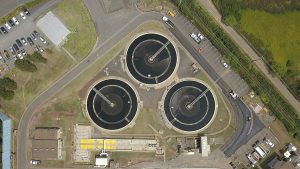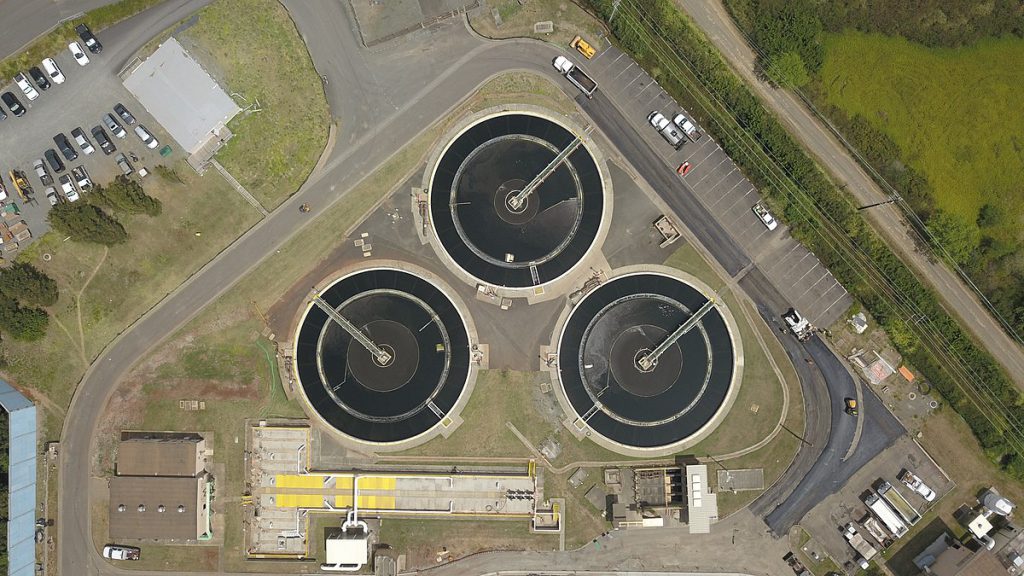
Another article showing the value of wastewater surveillance for SARS-CoV-2. This group took weekly samples through the early days of the pandemic and on into the more recent stages and show how well that correlates with what’s known about outbreaks in the catchment area over that time. They again highlight the value of this technique to detect small local outbreaks. Abstract below:
Wastewater-based epidemiology (WBE) has been used to analyze markers in wastewater treatment plant (WWTP) influent to characterize emerging chemicals, drug use patterns, or disease spread within communities. This approach can be particularly helpful in understanding outbreaks of disease like the novel Coronavirus disease-19 (COVID-19) when combined with clinical datasets. In this study, three RT-ddPCR assays (N1, N2, N3) were used to detect severe acute respiratory syndrome coronavirus 2 (SARS-CoV-2) RNA in weekly samples from nine WWTPs in southeastern Virginia. In the first several weeks of sampling, SARS-CoV-2 detections were sporadic. Frequency of detections and overall concentrations of RNA within samples increased from late March into early April. During the twenty-one-week study, SARS-CoV-2 concentrations ranged from 101 to 104 copies 100 mL−1 in samples where viral RNA was detected. Fluctuations in population normalized loading rates in several of the WWTP service areas agreed with known outbreaks during the study. Here we propose several ways that data can be presented spatially and temporally to be of greatest use to public health officials. As the COVID-19 pandemic wanes, it is likely that communities will see increased incidence of small, localized outbreaks. In these instances, WBE could be used as a pre-screening tool to better target clinical testing needs in communities with limited resources.
